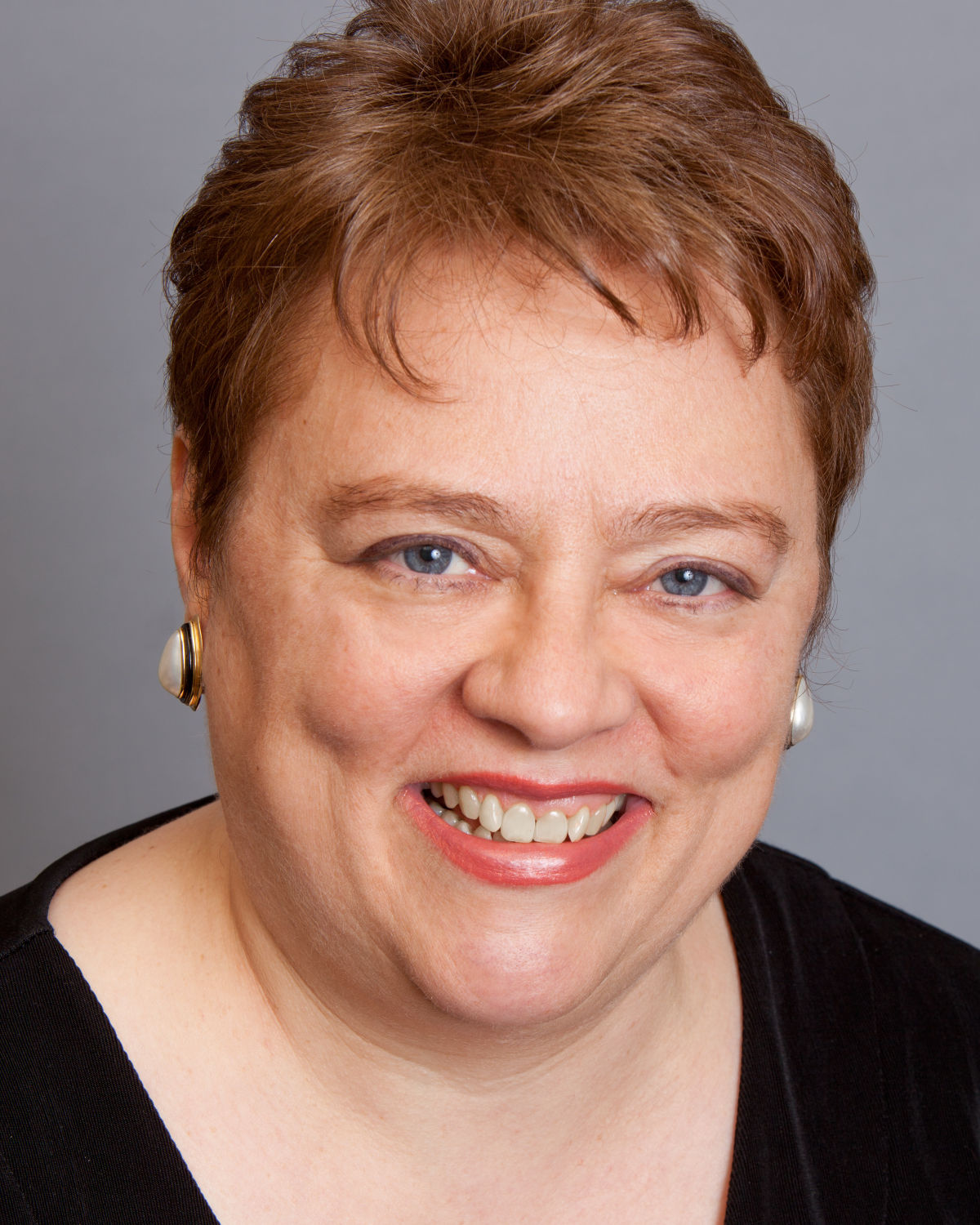There’s a mania these days for being rational.
Everybody wants “metrics” and “data-driven solutions” — not to mention “accountability” and “transparency,” which always make me think of some poor unfortunate accountant who got wrapped in his own clear plastic shower curtain. It could be the conclusion of a Hitchcock film: “In a data-driven world, one man was totalled. Look out for ‘Rationality!’ Coming soon to a spreadsheet near you.”
Last Sunday’s New York Times Magazine featured a story about people putting rationality into practice.
In “The Happiness Code,” Jennifer Kahn writes of a group calling itself the Center for Applied Rationality, or CFAR, in Berkeley, Calif.
CFAR holds multi-day workshops teaching people to seek out and correct bad mental habits, such as procrastinating, over-eating, and wasting time on Facebook.
The workshops teach “applied rationality” to help people eliminate these “cognitive errors” from their “optimized” lives.
For example, you could:
“1. Pick an activity you engage in frequently (like brushing your teeth, or washing the dishes).
2. Write down how long it takes and how often you do it.
3. Calculate how much time you spend on that activity over the next 10 years. (Time x 365 x 10).
4. Think about how you can do it faster. How much time can you save? (Multiply that number x 365 x 10.)”
And before you can chant “3-2-1 Victory!,” your life’s been “optimized.”
Of course, using their logic, I can make my life twice as good — I mean optimized — just by spending only one minute brushing each time, morning and night.
Better yet, why waste time taking the brush out and putting it away? Why not brush my teeth continuously, 24/7, for, oh, 12 weeks straight and then never again? Ultra-optimized!
In that same Sunday Times, there was an opinion piece bemoaning the impact of “the measurement fad” on people in people-based professions like teaching and medicine.
“Burnout rates for doctors top 50 percent, far higher than other professions. … Doctors no longer made eye contact with patients as they clicked away,” checking off boxes on their computer’s questionnaires.
But if going down checklists were doctors’ main goals in life, they could be auto mechanics, and save themselves a staggering amount in student loans.
The real trouble is — we would still need doctors. Doctors who were allowed the time to look up from their checklists, and listen to us. Teachers and therapists, too.
Sure, we can work hard to get people to approach the rationality and efficiency of computers.
But why try? It’s not our forte. It’s not necessarily even a worthy goal. Our strength lies in the opposite direction — in the mysteries of beauty; joy; and love.
What happens to joy, in a data-driven classroom?
Certainly you see the need for joy when you have children. No subject is too complicated or abstract for a boy who loves the subject matter, whether it’s construction vehicles, dinosaurs or the history of Roman sewers; and nothing at all is learned when the only reason is “because you have to.”
I saw this one day, when a sudden cloudburst sent a torrent of rainwater down our street.
The water was splashing up the curb and out of the gutter, there was so much of it. My two little boys watched it all, bug-eyed with excitement, and begged, “Mom, can we go barefoot? Can we? Can we, please?”
I stood silent for a moment, imagining dog poops and rusty cans rushing toward their toes. I thought the rational answer should be, “No, now go inside.”
But instead, I found myself saying, “Oh, all right,” and they ran, ecstatic, up and down, splashing with glee as the water climbed half up to their knees.
Years later, when the only thing I requested for Mother’s Day was a hand-made card mentioning anything we had done together, splashing that day in the gutter was what they thanked me for.
When I first declared a major in Philosophy, I adopted Socrates’ famous quote as my motto: “The unexamined life is not worth living.”
But now, many decades later, I have decided that the better, more useful, quote, is this: “The un-lived life is not worth examining.”



